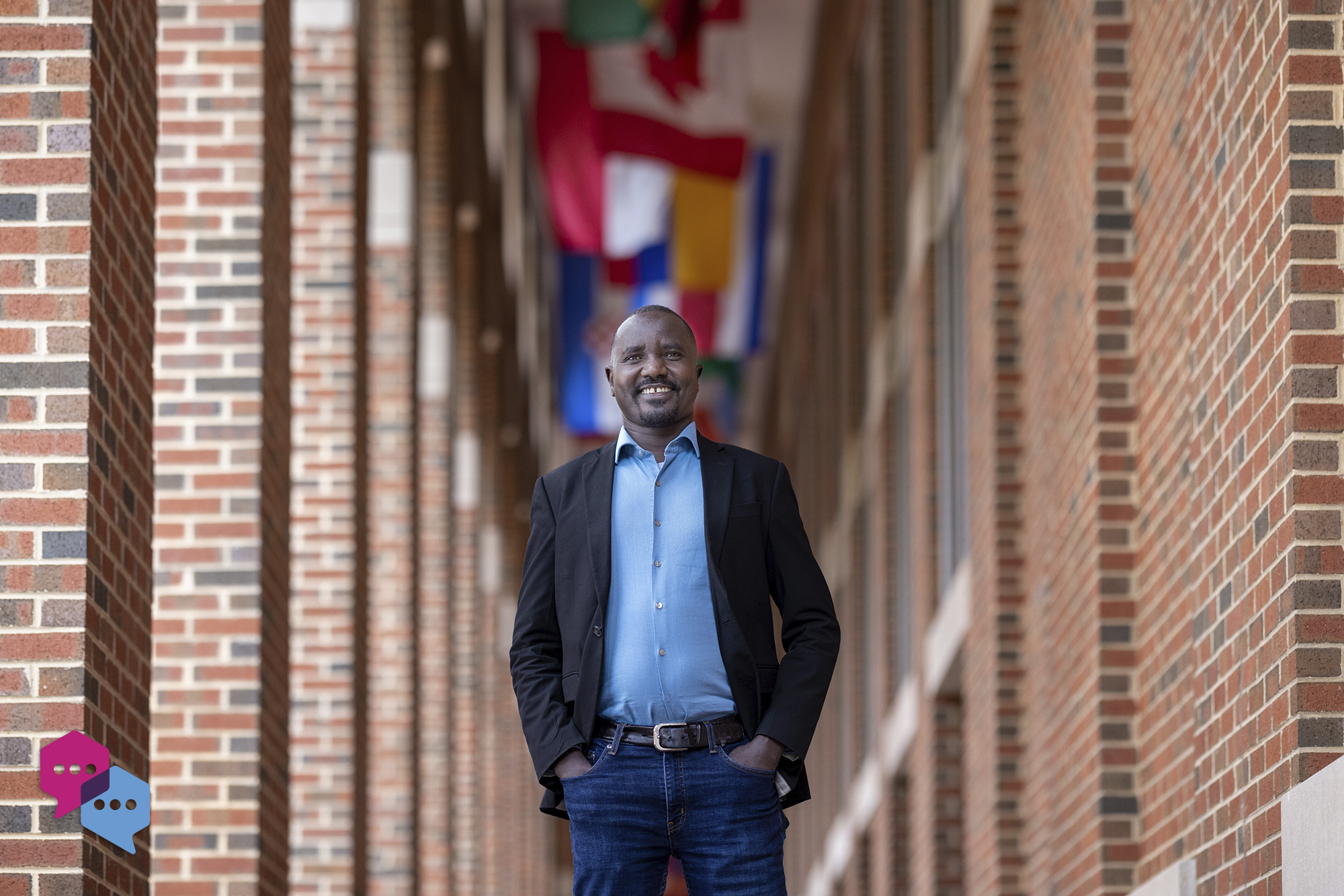Samuel Akau is a PhD student in the Department of Public Policy within the UNC College of Arts & Sciences. He studies technical vocational education and training programs in developing countries — like South Sudan, Kenya, Ethiopia, and Ghana — and food security in the Horn of Africa.
Endeavors recently spoke with Akau to learn what inspired him to pursue his field, how he’s overcome obstacles, and a little about his life beyond academics.
Q: When you were a child, what was your response to this question: “What do you want to be when you grow up?”
A: At first, I wanted to be a judge. I converted to Christianity at the age of 9 and was baptized Samuel, a biblical character whose role in promoting justice in Israel I found admirable. But as I grew older, I started leaning more toward becoming a surgeon or journalist because of the courageous, inspirational roles played by medical and media professionals during the second Sudanese war (1983-2005), one of the world’s longest civil wars — to which I was a witness.
Q: Share the pivotal moment in your life that helped you choose your field of study.
A: It was while working at the University of Juba as a program officer for planning. In that role, I conducted research to gather data relevant to informing the key decisions of the university. My work there was instrumental, supporting senior leadership in restructuring the schools, colleges, and support services. That is when I realized that gaining an advanced degree in public policy analysis and management would strategically place me to work effectively with others across disciplines and sectors to create incremental but sustainable change.
Q: Tell us about a time you encountered a tricky problem. How did you handle it and what did you learn from it?
A: My first academic role at the University of Juba was teaching an introductory undergraduate course: Literary Appreciation. Three weeks into the semester, I received, unannounced, a blind student who was being kicked from one program to the other, mainly because of institutional inability to cater to his special needs. Confronted with that situation, I found it inexcusable to use my lack of training in special education to kick him out of my class. As such, I took a recourse, redesigning that course from an audiovisual lecture to a more conversational, discussion format. It worked for everyone.
Q: Describe your research in 5 words.
A: Engendering creative, participatory public policies.
Q: What are your passions outside of research?
A: Reading novels and fiction from around the world. I am not a globetrotter, so this gives me an excellent opportunity to experience the transcendental human experience without having to travel. Because of that odd habit, I am well-versed in international affairs. My dream is to pay a debt to the literary society by writing one or two novels within the next 10 years. Right now, I have a draft of my first novel. Fingers crossed.


